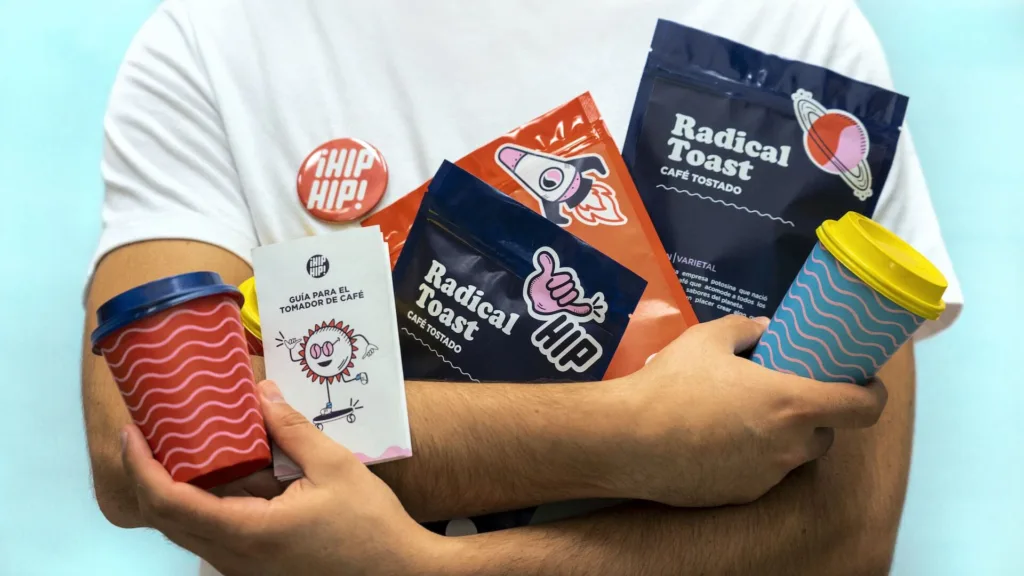10 June 2020 – Clearly and successfully communicating sustainability credentials to consumers is key to developments in food and drinks packaging. This benchmark has been crowned by Innova Market Insights as the Top Packaging Trend in 2020.
Innova’s consumer research indicates that consumer expectations around sustainability are higher than ever, pushing companies to prioritize eco-efficiency, especially in reducing food and plastic waste. In response, the food industry is increasingly committing to answering a more mindful consumer’s expectations in this area, while marketing this commitment on-pack.
Innova Market Insights continuously analyzes global developments in food and drinks launches and consumer activities to highlight the trends most likely to impact industry over the coming year and beyond. Its top five trends packaging trends for this year are:
1. The Language of Environmental Sustainability
As consumer expectations continue to grow, companies are increasingly using packaging as a canvas to communicate sustainability. Over the 2015 to 2019 period, over one-third of all food and beverage launches tracked by Innova Market Insights carried an ethical packaging claim (e.g. recycled or recyclable materials). A whole range of different avenues can be used for storytelling to communicate packaging sustainability, which encompasses energy use, renewable materials, plastic free, source reduction and end of lifecycle. The use of trust certifications, marks and logos, such as Plastic Free and Metal Recycles Forever, increasingly used to communicate resource circularity.
2. Plastics Come Full Circle
As circular economy targets loom on the horizon, the incorporation of recycled plastics into packaging is on the rise, with PCR (Post Consumer Recycled) supply partnerships and chemcycling tie-ups rising globally across a range of industries. In the meantime, more bottles are hitting the 100% recycled plastics milestone, while other formats such as trays and pots are playing catch up with increasingly high percentages of PCR material. As suppliers come up with more recycle-ready mono-material solutions, developments such as NEO plastics can increase energy output at landfills. A rising tide of companies are supporting initiatives aimed at mitigating the impact of plastic pollution, particularly ocean clean up.
3. Packing an e-Punch
Continuing strong growth in online retail channels with an associated rise in demand for corrugated board is driving e-commerce packaging. Developments in strong, lightweight recyclable boxes made with minimal resources aim to minimize damage during transit, while still offering a unique and engaging unboxing experience for consumers. There is also ongoing activity in sustainable alternatives to single-use protective filler materials, as well as developments offering a reduced carbon footprint.
4. Internet of Packaging
As IoT (Internet of Things) technologies become all-pervasive, QR codes, NFC and blockchain are elevating engagement and transparency. Top reasons for scanning include promotions/rewards, interactive content, product authenticity, supply chain transparency and consumer brand engagement. The use of blockchain, for instance, can offer traceability and transparency, while NFC can be a valuable avenue for digital storytelling.
5. Plant-based Packaging
There is an increasing focus on developing biodegradable and compostable alternatives from renewable resources. Cellulose-based packaging has been at the forefront of plant-based innovation, but there are numerous developments in biodegradable/compostable initiatives, led by snacks and confectionery, which accounted for over 60% of global food and drinks launches with certified compostable claims tracked by Innova Market Insights over the 2017 to 2020 period.
